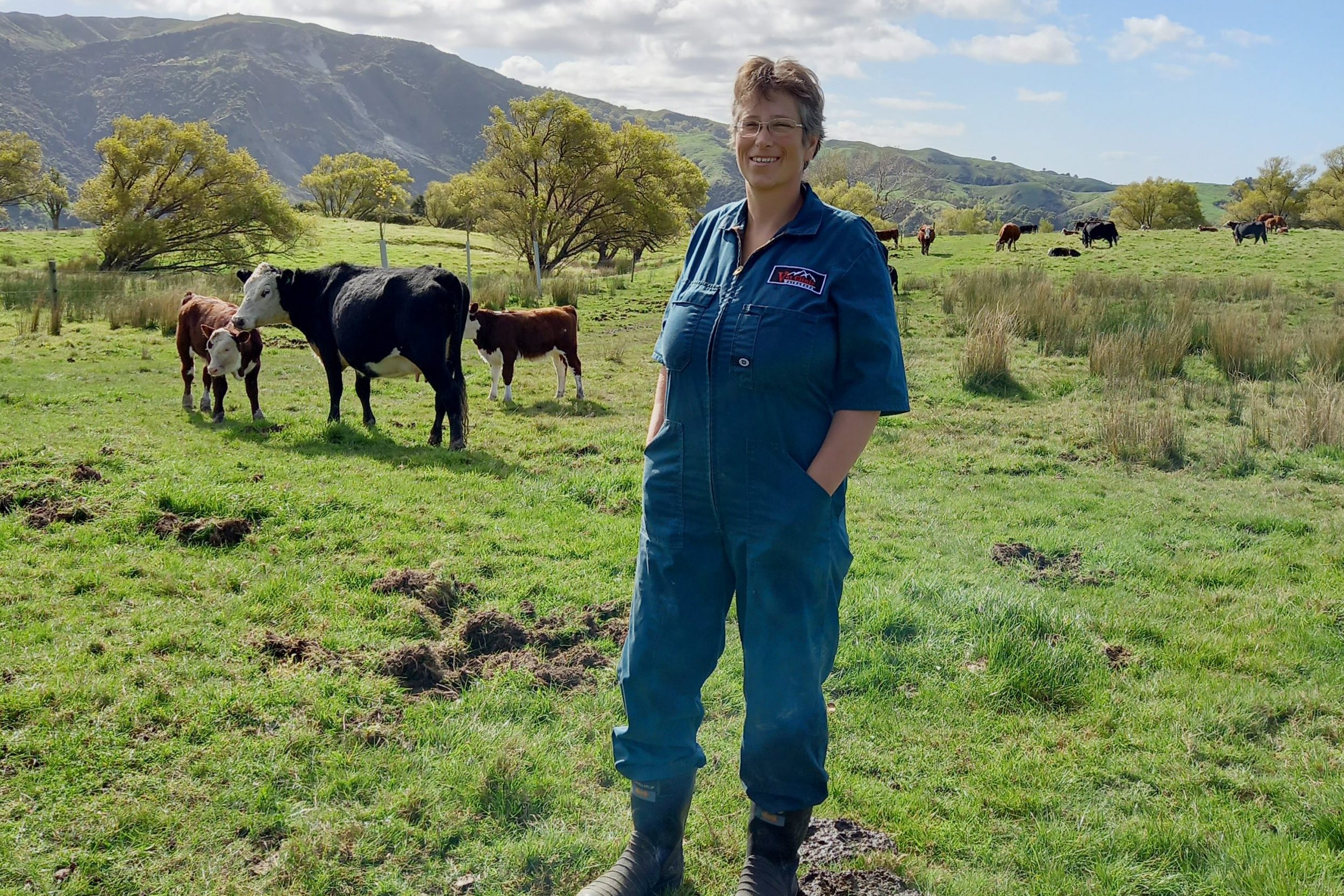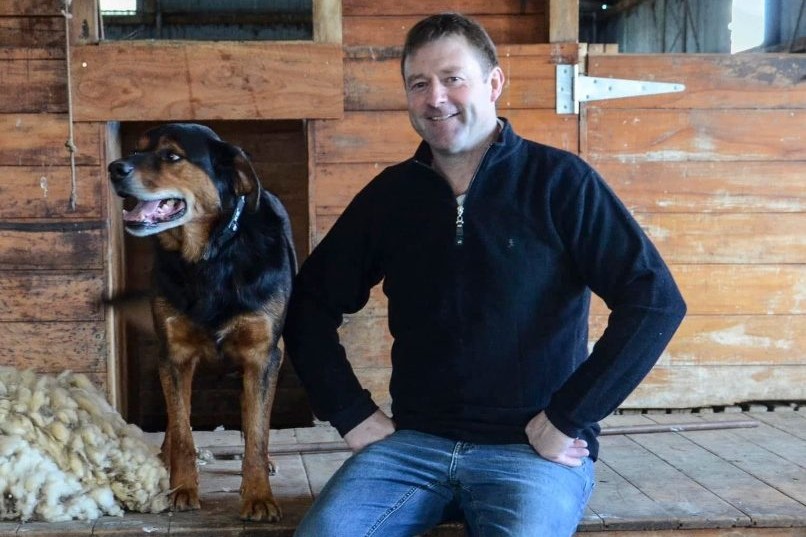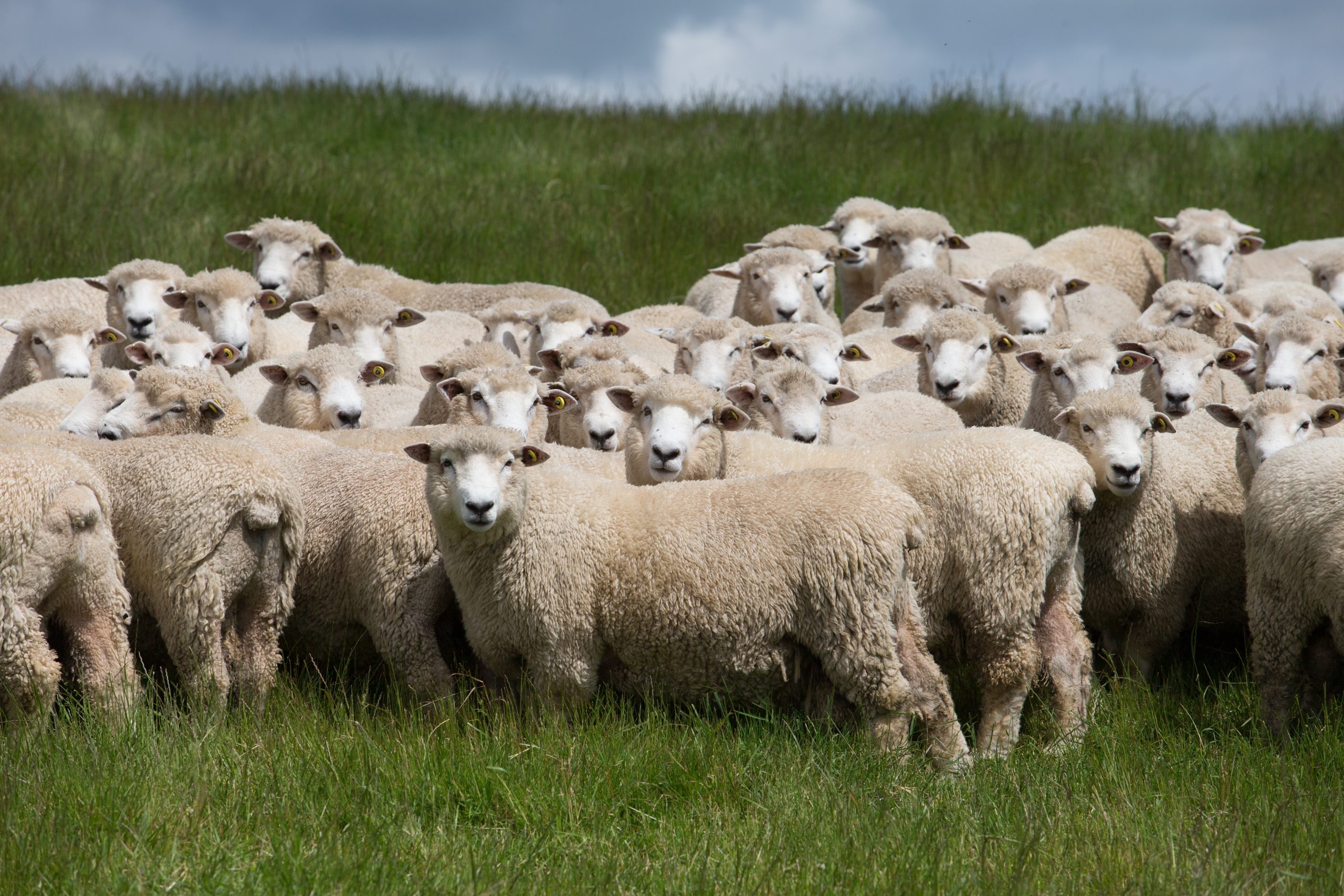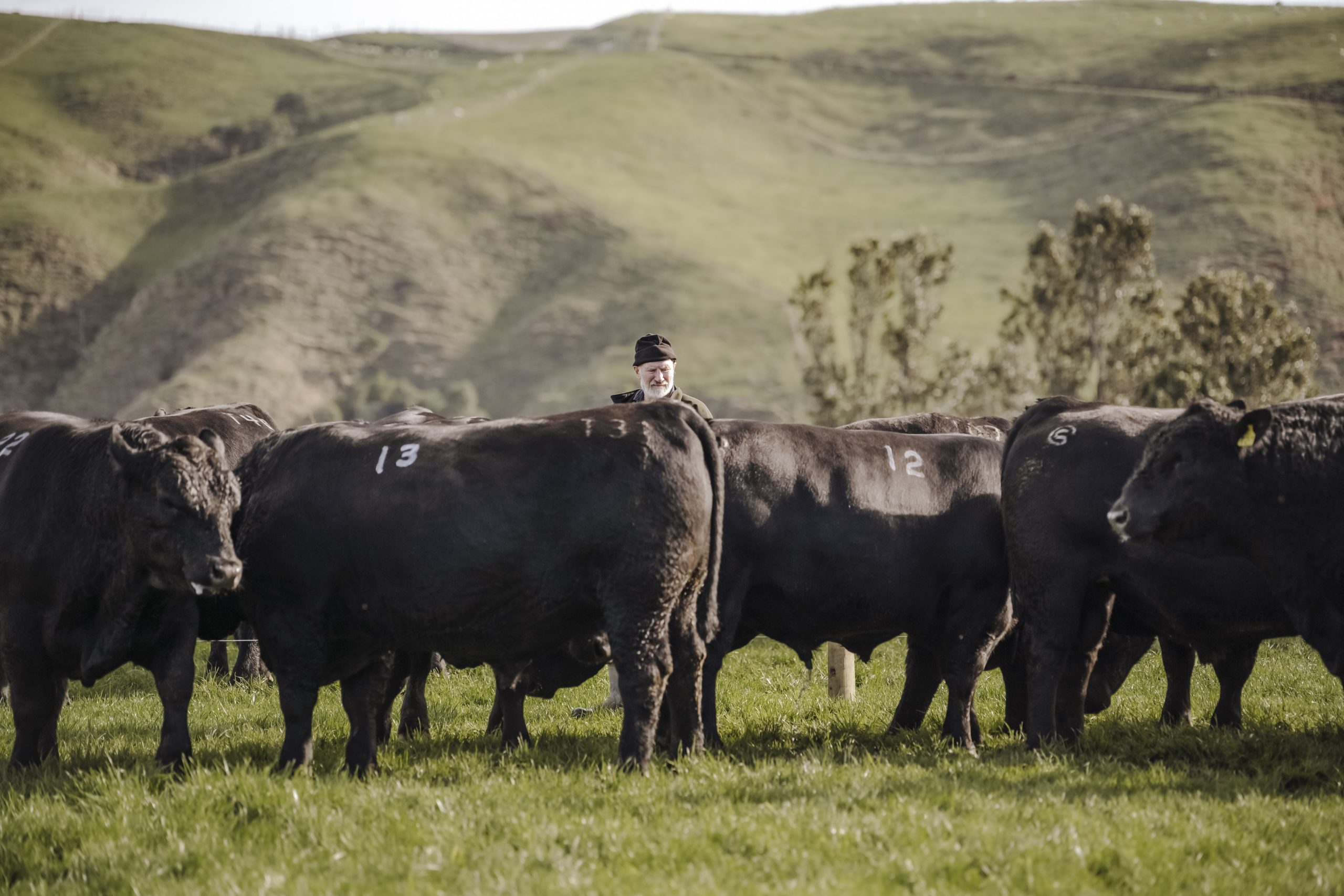Dangerous eats in late pregnancy
As spring and calving approaches, vet Sara Sutherland says farmers need to be mindful of their animals’ diets.
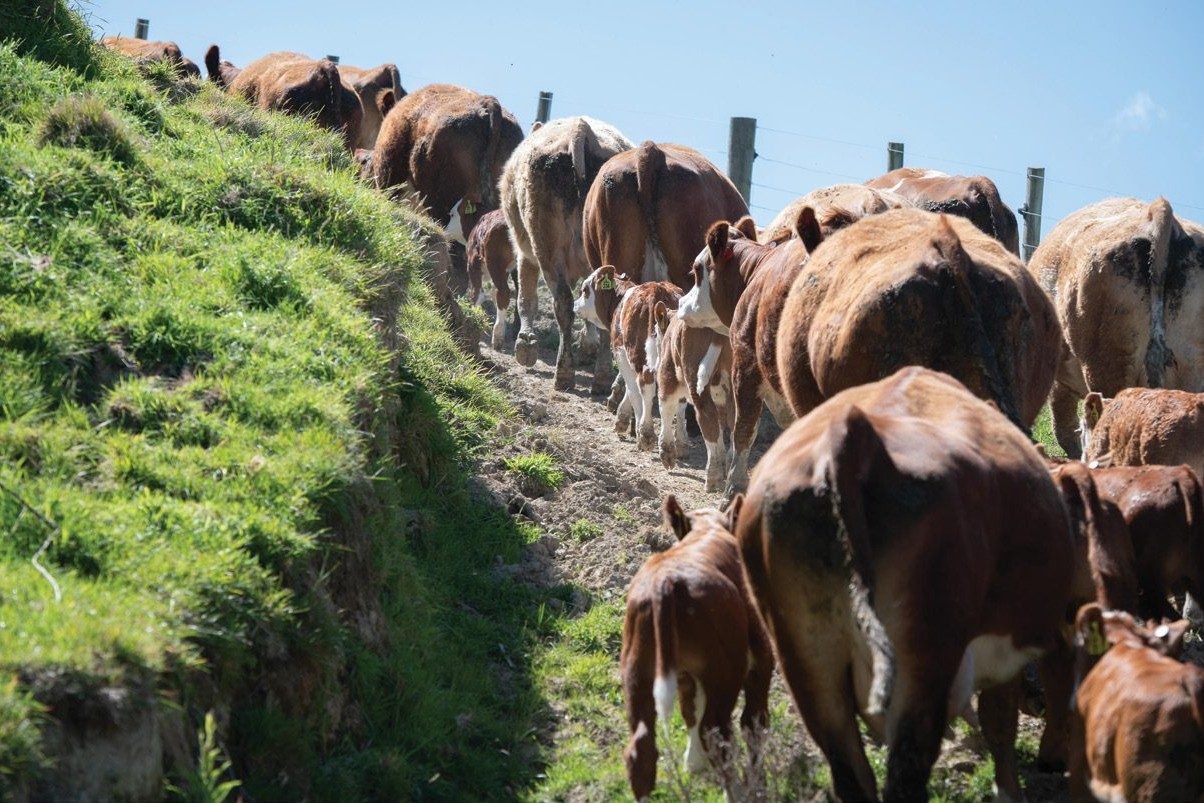
Most farmers are aware of the risk of stock aborting from eating macrocarpa in late pregnancy. I often get asked at what stage pregnant cattle can be safely grazed on macrocarpa and what other trees have the same aborting risk.
The toxin responsible for the abortions is called Isocupressic acid. Macrocarpa (Cupressus macrocarpa) and Leyland cypress (Cupressocyparis leylandii) are the most common tree species implicated, as their needles seem to contain the highest concentration of isocupressic acid. Other pine species do contain some of this toxin.
What about pine plantations? Some sources list radiata pine as a cause of abortion; others say that it has low levels of isocupressic acid so is relatively safe. How dangerous they are to graze will probably depend on how much the animal eats.
For all these trees – pine species, macrocarpa and Leyland cypress – the needles, bark and branch tips all contain the toxin, and weathered or wilted bits are more toxic.
The toxin causes damage by reducing blood flow to the uterus. Abortions happen in late gestation because the foetus gets bigger and needs more blood flow. How late in pregnancy can you graze cattle near pines? Again, it depends on how much of the toxin they eat so best not to take any chances.
You might also have calves born weak and premature. Along with the abortion, cows have a period of looking depressed and having a decreased appetite.
Abortion can happen up to two weeks after cows have eaten the needles or bark. You often get retained membranes after a macrocarpa abortion and in my experience it’s the rule rather than the exception. Even though calves are small and premature you often have to assist with the calving. Because the damage is on the uterus side, it can be hard to diagnose – there aren’t a lot of signs in the aborted foetus. If you see abortions though, it is always worth getting them investigated. That way you can rule out other common causes of abortion.
There is no treatment. In an outbreak you just have to wait it out.
It doesn’t seem like sheep are affected in the same way.
If you are seeing abortions, talk to your vet – it’s better to do some investigation and find out whether there is something you can do to avoid losses.
It was only early autumn when we had a couple of nights cold enough for a fire so it feels like winter isn’t far away. I’m not a fan of winter – the only good thing about it is that it makes you appreciate spring! One of the best things about spring is calving. No thrill quite matches pulling out a live calf. As vets we don’t get many live calves though – usually if it’s easy the farmer will have already got it out. So I humbly offer my words of advice for farmers at calving season.
Don’t wait too long. You’re never wrong to gently put on a long glove and put a hand up and check. If things aren’t going well they will be easier to fix now than tomorrow morning.
A uterine prolapse a vet gets to within a couple of hours will always go back in; one that you don’t get to until the next day is rarely a success.
Remember the motto of the Australian Cattle Veterinarians group: always use more lube (and I assume they are talking about calving cows!).
If you’re trying something for 20 minutes and it’s not working, try something else.
Don’t underestimate how fast an angry cow can run (or, don’t overestimate how fast you can run away!)
If pulling hard doesn’t work, pulling harder probably won’t either. It’s now illegal to use a tractor to pull a calf out – a practice best left in the dark ages.
For those that need a bit of antibiotic – a cow with a dead calf or a difficult calving for example – penicillin dose rates and withholding periods have recently changed. Talk to your vet to make sure you’re using the latest label.
Since having a baby of my own I have a lot more sympathy for cows. Without getting anthropomorphic, I am less likely to mock them for complaining loudly and vocally. Also, I appreciate the relief of an epidural after hours of unproductive straining. Don’t be embarrassed to call the vet out to help. It’s not a sign of weakness and doesn’t mean you failed. We have drugs.
- Sara Sutherland is a vet with Vet Services Wairarapa.

